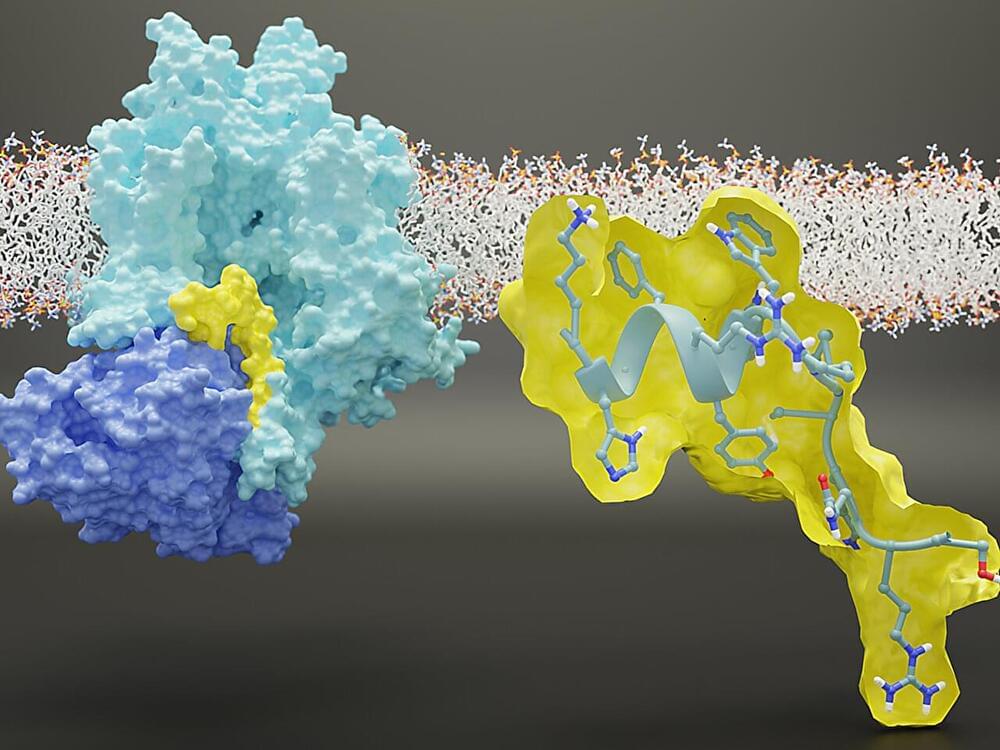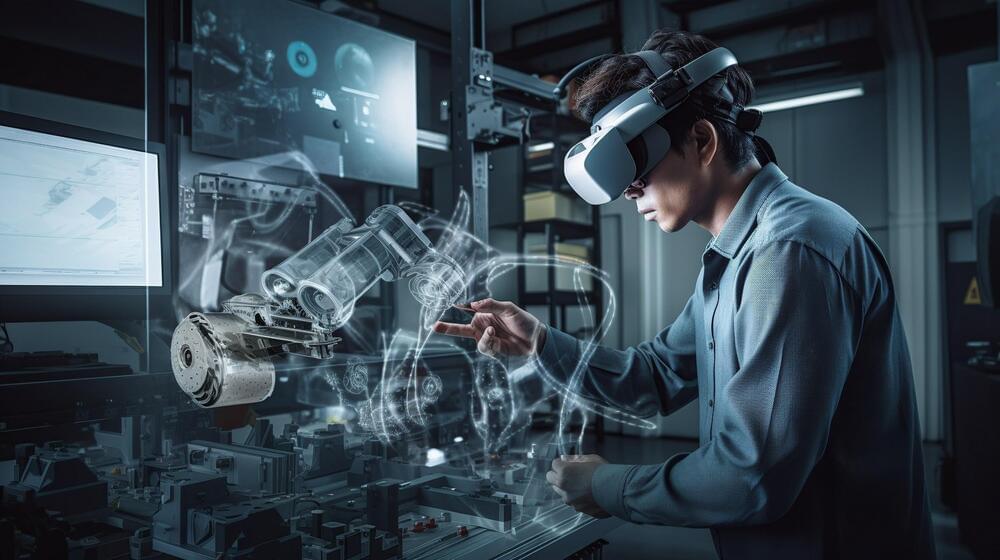Researchers at NYU College of Dentistry’s Pain Research Center have developed a gene therapy that treats chronic pain by indirectly regulating a specific sodium ion channel, according to a new study published in the Proceedings of the National Academy of Sciences (PNAS).
The innovative therapy, tested in cells and animals, is made possible by the discovery of the precise region where a regulatory protein binds to the NaV1.7 sodium ion channel to control its activity.
“Our study represents a major step forward in understanding the underlying biology of the NaV1.7 sodium ion channel, which can be harnessed to provide relief from chronic pain,” said Rajesh Khanna, director of the NYU Pain Research Center and professor of molecular pathobiology at NYU Dentistry.






